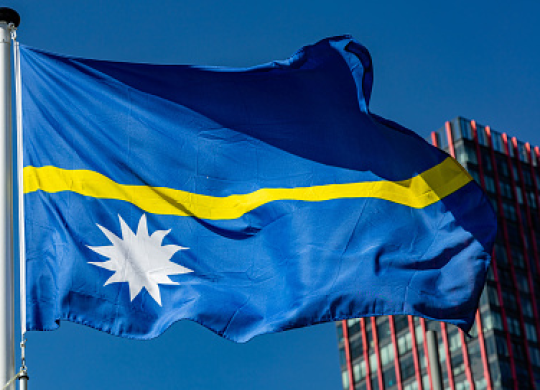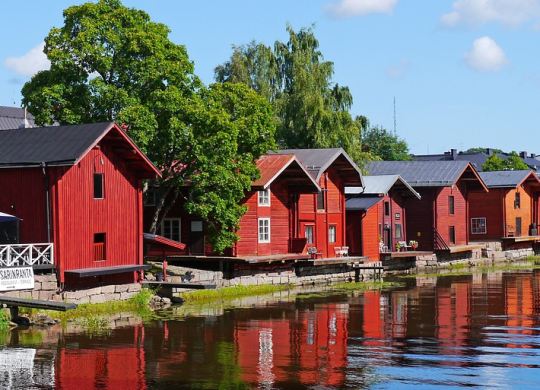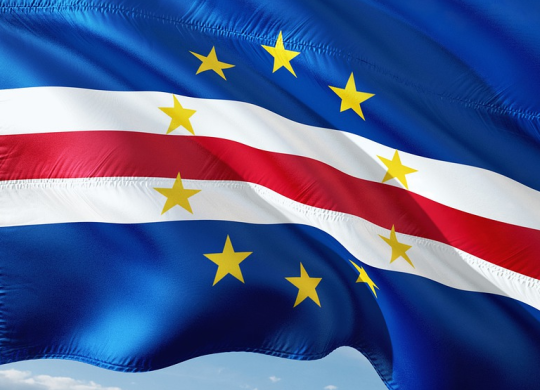What kind of medicine is there in Nauru — the smallest country in the world
Table of contents

Nauru, or Pleasant Island as it was called by the pioneers, is a dwarf state that occupies an entire island. The state has an area of just 21.3 square kilometers and a population of 10,000.
Interesting about Nauru
It is the smallest independent state in the world and doesn't even have an official capital. But there is an airport and a parliament here. And also – Nauru is a member of the Commonwealth of Nations and the United Nations.
The island of Nauru is located on the equator, so it is humid and hot here. The average air temperature exceeds 27 degrees Celsius. While this does not bother the islanders, it may not be sweet for a foreigner.
In the 1970s, the country was one of the richest in the region thanks to phosphate mining. But when those minerals ran out, the country's economy collapsed. There is no tourism here either, as the ecology is at a very low level due to phosphate mining.
The health status of the population also leaves much to be desired – life expectancy in 2011 was 57 and 63 years for men and women respectively.
State of medicine
The only hospital on the island is the Nauru Ron Hospital. It is located in the Denigomodu district and was formed from the merger of two hospitals – a public and a private one. It provides primary medical care, as well as treatment in surgery, radiology, and dentistry. There is a laboratory and a pharmacy.
The main causes of death here are hypertension, diabetes, cardiovascular disease, and cancer. Despite the common belief that islanders should be healthy and eat home-grown fruit and vegetables, Nauru's population suffers greatly from obesity. The country is first in the world in this indicator. The reason for this is total poverty. The population is forced to survive by eating cheap, high-calorie food such as canned meat.
One of the problems of low population health is also the problem of drinking water. There are no sources of drinking water, and there is only one desalination plant on the entire island, which uses energy from one power plant. Therefore, the health service works mainly for one purpose: to prevent outbreaks of infectious diseases due to water shortages.
In short, Nauru is not a country where people come for medical care. The majority of the local population who are diagnosed with a serious illness choose to receive treatment abroad. There is no such thing as health insurance here either.
Therefore, the country's authorities are trying with all their might to attract foreign specialist doctors to work in the medical establishment (there are only five doctors in Nauru), as well as investors. Indeed, medicine here is in its infancy, so building a clinic in Nauru is a good business opportunity.
Recommended articles
3 min
Treatment
The healthcare system in Finland: a detailed guide for expats
Finland has a public (universal) healthcare system, which means that everyone can receive medical care and other related services here. However, depending on the purpose of the foreigner's stay and the country of origin, the conditions for obtaining such services and their cost may differ. Find out more about the healthcare system (public and private), health insurance, emergency services and medical tourism in Finland
08 maj. 2024
More details5 min
Treatment
4 min
Treatment
5 min
Treatment
All materials and articles are owned by VisitWorld.Today and are protected by international intellectual property regulations. When using materials, approval from VisitWorld.Today is required.